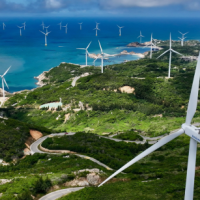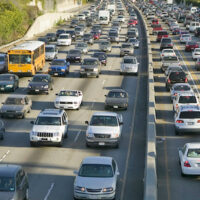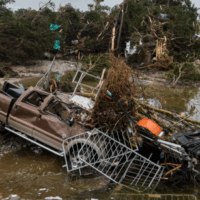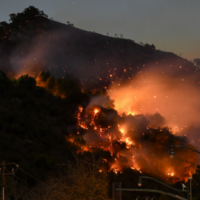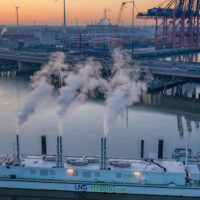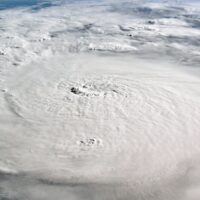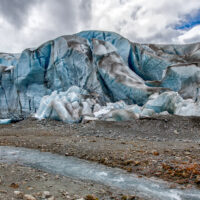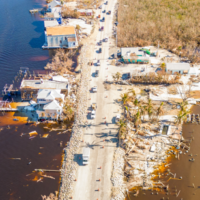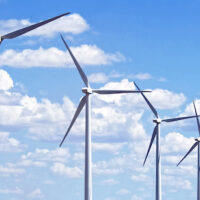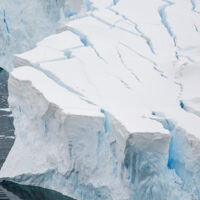In an hourlong address before the U.N. General Assembly on Sept. 23, President Donald Trump lashed out at those promoting “the green energy agenda.” Along the way, he made numerous false and misleading claims about renewable energy and climate change, many of which we’ve fact-checked before.
Misconception: Climate Change Misconceptions
Q&A on the Trump EPA’s Effort to Curtail Regulation of Greenhouse Gas Emissions
The Environmental Protection Agency is holding public hearings this week on its effort to undo the legal foundation for its regulation of greenhouse gases, the heat-trapping gases that cause climate change. In a major policy shift announced in late July, the Trump administration EPA said it would rescind the so-called “endangerment finding,” which allows the agency to regulate such emissions, arguing that legal and scientific developments justify a reconsideration.
Weather Modification Played No Role in Texas Floods
What We Know About What Led to the L.A. Wildfires
Harris vs. Trump on Climate Change
Baseless Claims Proliferate on Hurricanes and Weather Modification
Experts say people cannot create or meaningfully alter hurricanes through existing weather modification techniques. That has not stopped a deluge of social media posts baselessly claiming or implying that Hurricanes Helene and Milton were intentionally created, steered or otherwise controlled by someone.
Trump Clings to Inaccurate Climate Change Talking Points
Trump Revives — and Further Decreases — His Absurdly Low Estimate of Sea Level Rise
On the campaign trail this summer, former President Donald Trump has routinely cast doubt on climate change by falsely claiming that the oceans will rise just “one-eighth of an inch over the next 400 years.” He’s previously used the same measurement over a period of 250 years. In fact, the current rate of sea level rise is already a little more than one-eighth of an inch each year.
Wind Energy’s Key Environmental Advantage? Low Emissions
Antarctic Ice Loss Is Significant, Contrary to Claims
Antarctica is losing ice mass to the ocean, contributing to global sea level rise. But a popular video misrepresented work focused on Antarctic ice shelves — which float in the sea at the edges of the continent — to incorrectly suggest that “it is unclear if Antarctica is losing any ice on balance.”
